
ACADEMICS
Our Curriculums
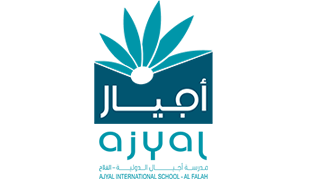
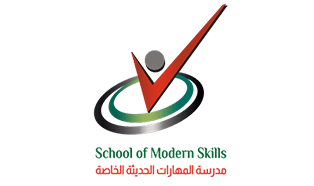
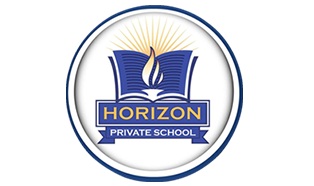
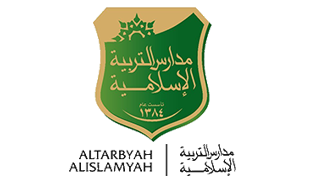
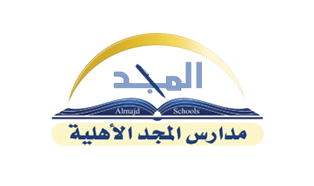
American Curriculum
The American Curriculum encourages students to study a broad range of subjects throughout their school career. Schooling is broken down into Elementary (4 to 11 years of age), Middle School (11 to 13 years of age) and High School (14 to 18 years of age, Freshman/Senior), with teaching focused on academia, personal and social development. At elementary level, students concentrate on developing essential skills such as reading, writing and arithmetic, physical education, music, arts, science, history and geography. Foreign languages are often introduced in Middle School.
By Middle and High School level, the curriculum becomes more flexible, with students offered a selection of compulsory subjects (like Math, English, Science, English and Social Studies) and elective classes (foreign languages, economics, art, etc). Students are regularly assessed by their teachers and receive annual report cards. They can also earn credits from their subjects that can be used toward College entry. Students will leave High School with a High School Diploma. Those wishing to attend university will have to take either a Standardized Assessment Test (SAT) or an Advanced Placement (AP) program, which are administered at their school by the College Board on behalf of all universities. The American Curriculum is recognized by all US and Canadian universities and also universities globally.
Age Groups: Pre-KG to Grade 12, 4 to 18 year olds
The National Curriculum for UK
Established in 1988 and followed by schools across the United Kingdom and thousands of British schools around the world, the UK National Curriculum is designed to provide pupils with an introduction to the essential knowledge that they need to be educated citizens.
A broad and balanced curriculum, it focuses on the moral, cultural, mental and physical development of each child, so as to prepare them for the opportunities, responsibilities and experiences of adult life. Year groups are divided into Key Stages, from Early Years, Key Stages 1 to 4 through to Sixth Form, with students formally assessed at the end of each Key Stage.
Teaching and learning take an enquiry-based approach, with an emphasis on problem solving and nurturing students’ ability to learn. Additional Humanities, Languages and Arts subjects, together with Personal, Health and Social Education and Physical Education are mandated for students up to the age 15.
At 16 years of age, all students will also sit public examinations – GCSE’s or IGCSE’s – and may then study further until age 18 when they will usually sit 3 or 4 A (Advanced) level exams or equivalent which are a pre-requisite for university entry.
After GCSEs, students may choose to pursue either an academic or vocational track. Students on a vocational track can choose to obtain a work qualification such as the BTEC or OCR Nationals. Students continuing on an academic track attend sixth form colleges during Years 12 and 13.
Age Groups: FS 1 to Year 13, 3 to 18 year olds
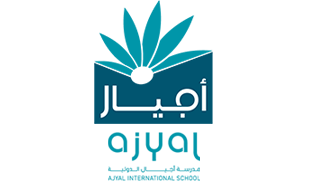
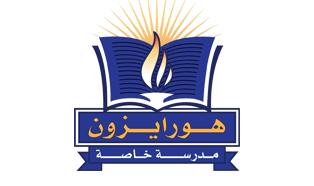
Ministry of Education (MOE) Curriculum, UAE
Ministry of Education (MOE) Curriculum, KSA


